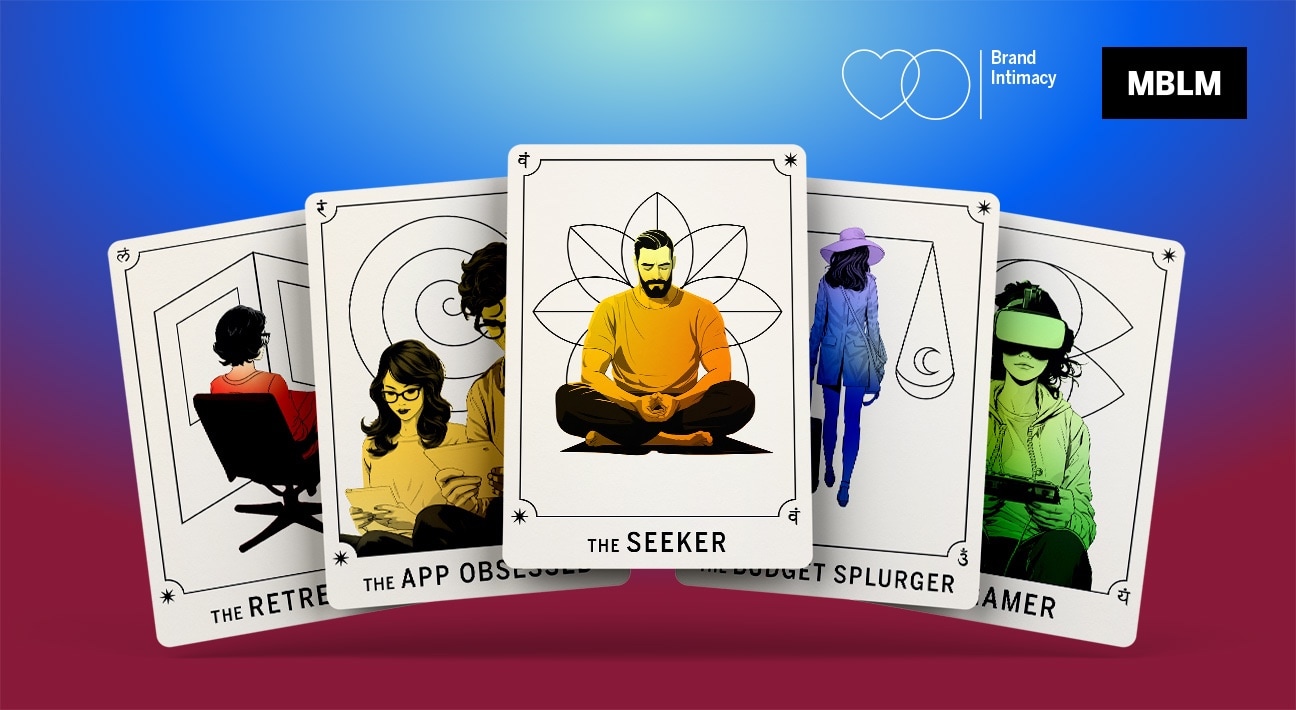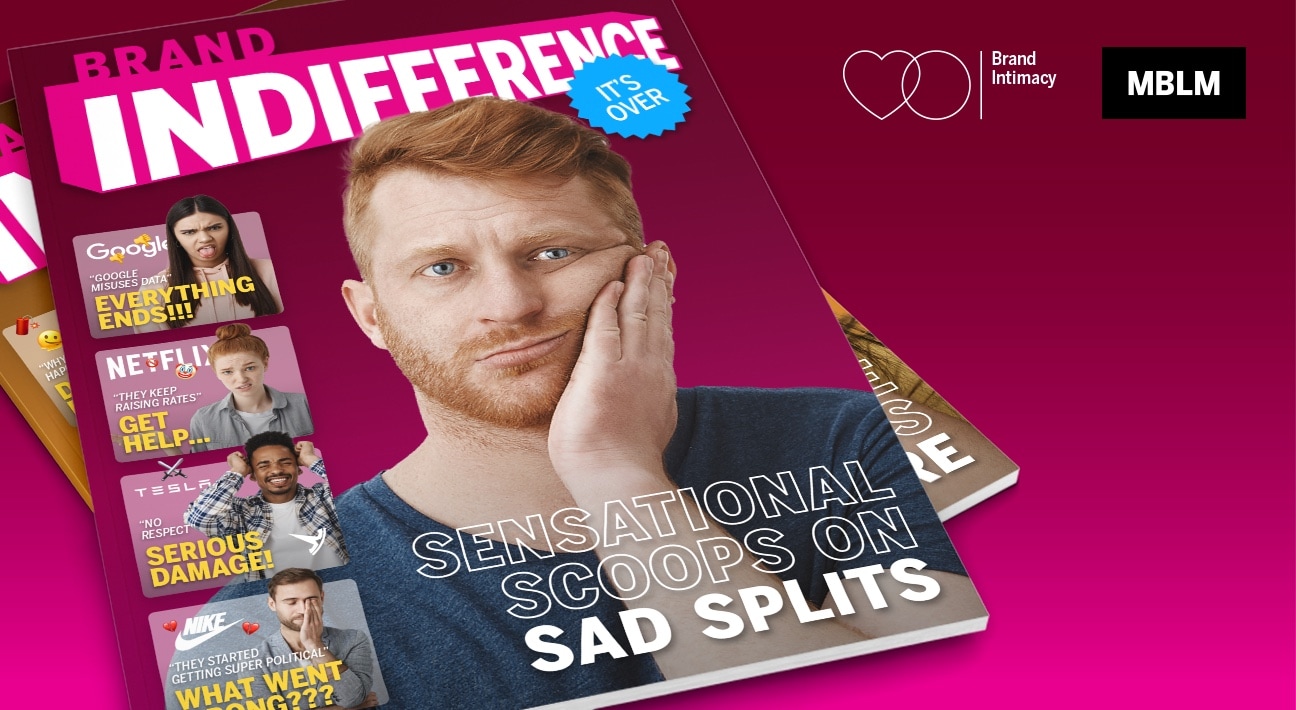MBLM’s Brand Intimacy 2017 Report Reveals Levi’s Ranks Most Intimate Apparel Brand

MBLM, the Brand Intimacy Agency focused on strategy, design, creative and technology, today revealed that Levi’s ranked the most intimate brand in the apparel industry according to its Brand Intimacy 2017 Report, which is the largest study of brands based on emotions. Brand intimacy is defined as a new paradigm that leverages and strengthens the emotional bonds between a person and a brand. According to the 2017 report, top ranked intimate brands continued to outperform the S&P and Fortune 500 indices in revenue and profit over the past 10 years.
The apparel industry performed slightly below the 15-industry average and comes in 7th out of 15 categories examined. The most intimate apparel brands in the U.S. following Levi’s are: Nike, lululemon athletica, Under Armour, Adidas, Victoria’s Secret, The North Face, Ralph Lauren, Gap and Puma.
“Brands that you wear are intimate by nature, yet this industry is falling short on its potential,” stated Mario Natarelli, MBLM’s managing partner. “This may be because of a variety of factors from shifts in the way we shop to generational orientations and out-of-reach messages. However, we firmly believe there is room for the industry to build stronger emotional connections with consumers.”
Other notable apparel findings in the U.S. include:
- Indulgence is the dominant category archetype; however, only 24 percent of apparel customers surveyed are intimate with brands in the category
- Levi’s strongest association is related to nostalgia and it has the highest percentage of fusing with customers at nine percent
- More than half of the top 10 brands are athletic related, aligning with the “athleisure” movement
MBLM hypothesized four potential reasons why this industry is falling short:
- Apparel brands have become less relatable, what was once inspirational advertising, today are out-of-touch with most people and unbelievable
- Brands pivoting to aligning with celebrities and pop culture figures, shifting away from a tradition of linking to athletes
- Less intimate shopping experiences with the rise of e-commerce make it easier to shop for brands at a variety of outlets
- Shift in millennials, who are being drawn to superior service and web-based stores
This year’s report contains the most comprehensive rankings of brands based on emotion, analyzing the responses of 6,000 consumers and 54,000 brand evaluations across 15 industries in the U.S., Mexico and UAE. MBLM’s reports and interactive Brand Ranking Tool showcase the performance of almost 400 brands, revealing the characteristics and intensity of the consumer bonds.
To download the full Brand Intimacy 2017 Report or explore the Ranking Tool please visit: http://mblm.com/brandintimacy/.
Methodology
During 2016, Praxis Research Partners conducted an online quantitative survey among 6,000 consumers in the United States (3,000), Mexico (2,000), and the United Arab Emirates (1,000). Participants were respondents who were screened for age (i.e. 18 to 64 years of age) and annual household income ($35,000 or more) in the U.S. and socioeconomic levels in Mexico and the UAE (A,
B, and C socioeconomic levels). Quotas were established to ensure that the sample mirrored census data for age, gender, income/socioeconomic level, and region. The survey was designed primarily to understand the extent to which consumers have relationships with brands and the strength of those relationships, from fairly detached to highly intimate. It is important to note that this study provides more than a mere ranking of brand performance and was specifically designed to provide prescriptive guidance to marketers. We modeled data from a total of 54,000 brand evaluations to quantify the mechanisms that drive intimacy. Through factor analysis, structural equation modeling, and other sophisticated analytic techniques, the research allows marketers to better understand which levers need to be pulled to build intimacy between brands and consumers.

